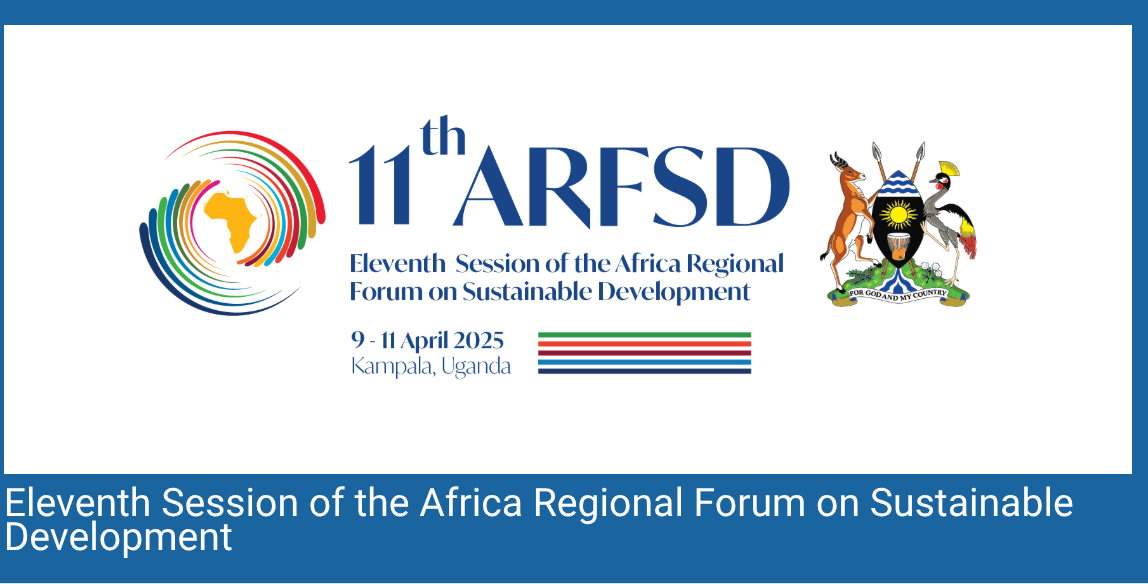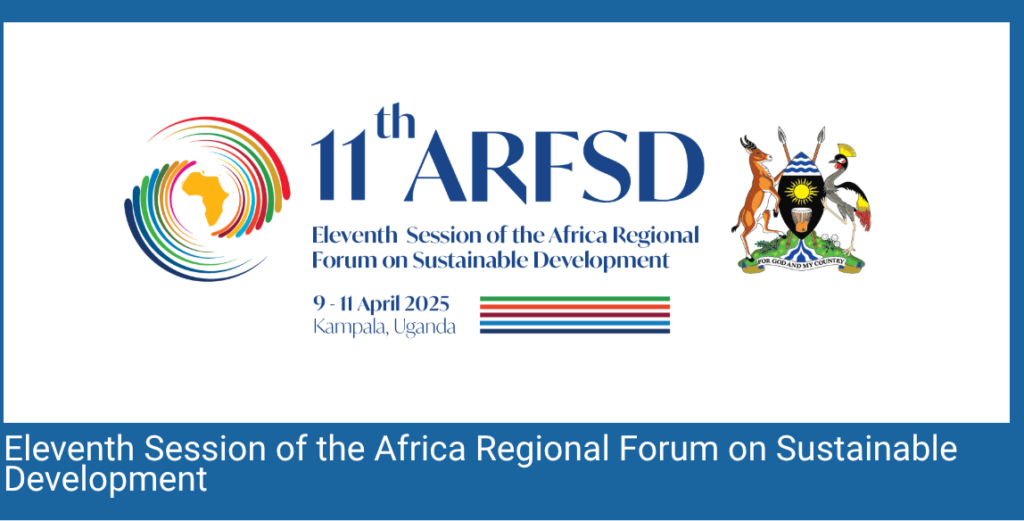
By Baboloki Semele: As Africa continues its march toward sustainable development, two of the continent’s most influential partners, the United Nations (UN) and the African Union (AU) are strengthening their collaboration to implement a unified vision for progress. Their joint effort, branded as “Two Agendas, One Framework”, seeks to harmonize the AU’s Agenda 2063 with the UN’s 2030 Sustainable Development Goals (SDGs), creating a coordinated roadmap for development across the continent.
The ambition behind this partnership was reinforced on Monday, April 7, 2024, during a high-level pre-event to the 11th Session of the Africa Regional Forum on Sustainable Development (ARFSD-11), currently taking place in Kampala, Uganda, from April 7 to 12.
Themed “Accelerating Transformation through the Implementation of Agenda 2063’s Second Ten-Year Implementation Plan (STYIP) alongside the 2030 Agenda for Sustainable Development: The Role of the RC System in Africa,” the meeting brought together major development actors from across the region. It was jointly convened by the African Union Commission (AUC), the United Nations Economic Commission for Africa (UNECA), the United Nations Development Programme (UNDP), AUDA-NEPAD, and the UN Development Coordination Office (DCO)—under the Technical Working Group (TWG) overseeing the STYIP.
A Strategic Convergence
The Second Ten-Year Implementation Plan (STYIP), which outlines Africa’s development priorities from 2024 to 2033, aims to consolidate progress under Agenda 2063. It also serves as a convergence point with the SDGs, which have a deadline of 2030. To ensure synchronized implementation, the Technical Working Group has been formulating a common framework to guide countries in integrating both agendas into their national development plans (NDPs). This approach builds upon a 2018 Memorandum of Understanding between UN Secretary-General António Guterres and former AU Chairperson Moussa Faki Mahamat, committing both organizations to closer collaboration on key development priorities. The April 7 meeting focused on identifying strategies for STYIP domestication at national levels, aligning it with SDG targets, and ensuring its integration into United Nations Country Teams’ (UNCTs) Common Country Analyses (CCAs) and Cooperation Frameworks (CFs).
Leadership Voices Call for Greater Synergy
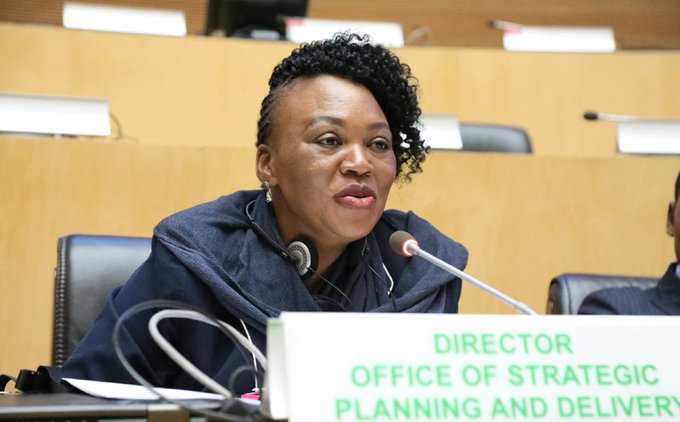
In her opening address, Ms. Botho Kebabonye Bayendi, Director of the Office of Strategic Planning and Delivery at the AUC, stressed that “the reality at the country level calls for complementarity between the UN system and the African Union” because both institutions are “working toward the same development indicators.”
Said Adejumobi, Director of Strategic Planning, Oversight, and Results Division (SPORD) at UNECA, noted that Agenda 2063 and the 2030 Agenda have a convergence rate of over 80%. He emphasized that the UN’s presence across African countries would be pivotal in localizing and accelerating the STYIP’s implementation.
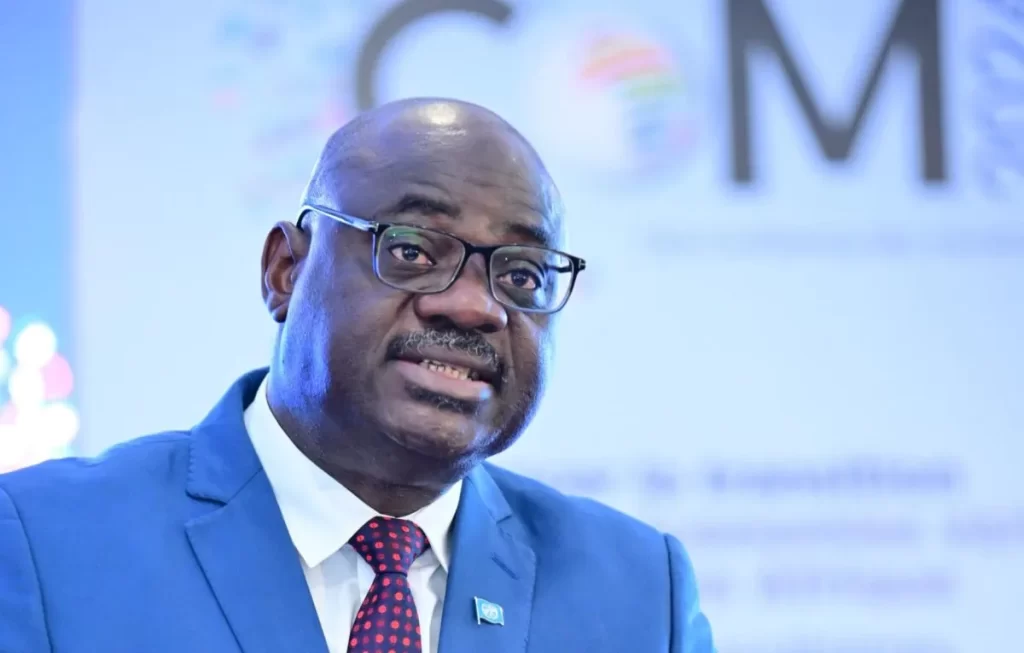
Yacoub El-Hillo, Regional Director of the UN DCO, hailed the AU-UN partnership as a model for transformative collaboration. He highlighted the “college-to-college strategic approach,” a framework for institutional cooperation between the AU and the UN in areas like peace, development, and humanitarian response. El-Hillo described it as a strategic instrument with the potential to positively impact over 201 million Africans.
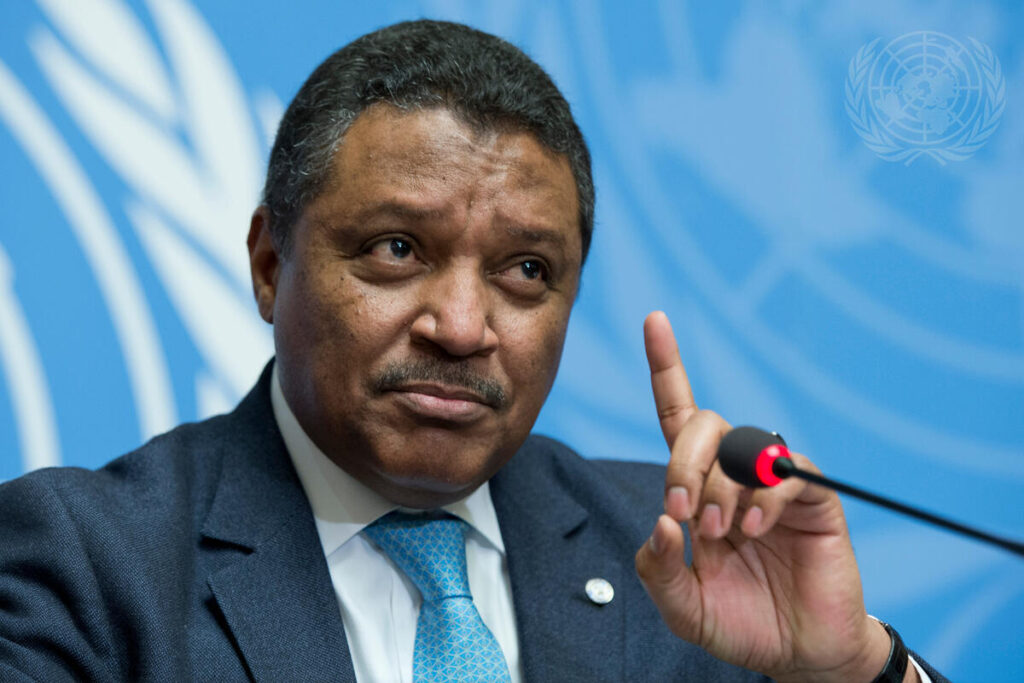
Delivering the keynote address on behalf of President Alassane Ouattara of Côte d’Ivoire, the AU Champion for Agenda 2063, Ambassador Maes Ennio, emphasized that “the collaboration between the UN and AU is a pillar for continental transformation.” He underscored that the integration of these two ambitious agendas can redefine Africa’s trajectory toward prosperity, resilience, and unity.
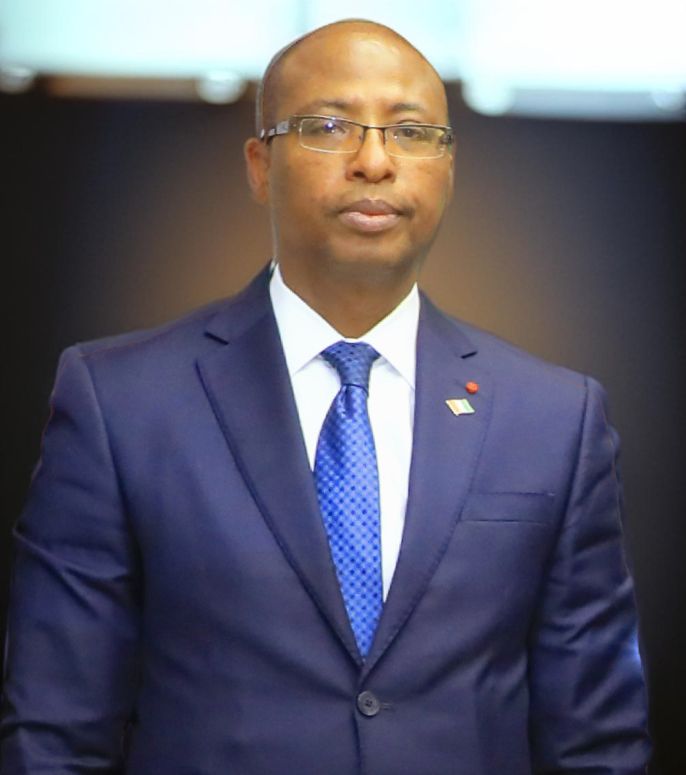
Toward a Shared Future
As the world enters the final stretch toward the 2030 deadline for achieving the SDGs, Africa’s path forward hinges on unity of purpose, policy coherence, and shared accountability. A press release issued by Economic Commission for Africa says by uniting Agenda 2063 and Agenda 2030 under one implementation framework, the AU and UN are sending a clear message that sustainable development in Africa is a shared responsibility, and collaboration is no longer optional but essential. The Kampala meeting may have marked the beginning of this new implementation phase, but it is the actions taken at the national level that will determine the ultimate success of this partnership. The world watches as Africa strives not only to meet its goals but to do so through homegrown strategies backed by global solidarity.
